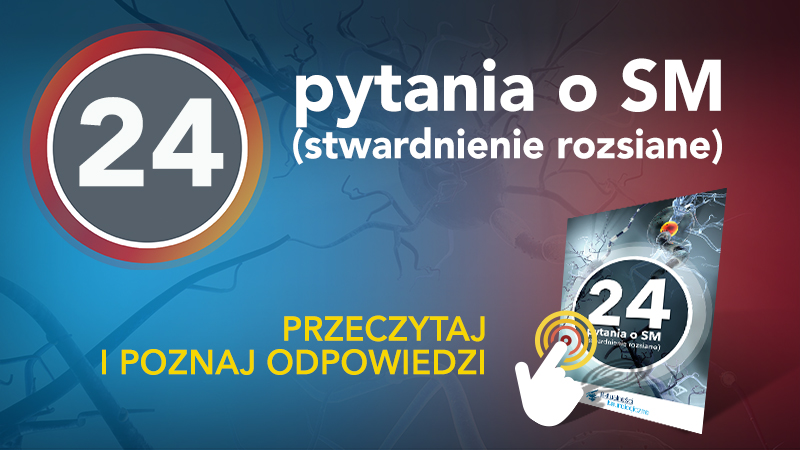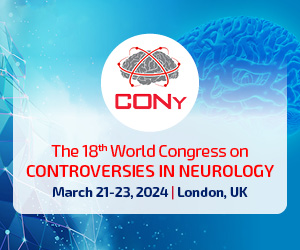Hearing disturbances in neurologist clinical practice
Maria Konarska-Król1, Magdalena Justyna Kacperska1, Karol Jastrzębski1, Maciej Radek2, Bartłomiej Tomasik3
 Affiliation and address for correspondence
Affiliation and address for correspondenceHearing is one of the most important human senses closely associated with the organ of hearing and balance. Patients with sudden hearing loss sometimes report ear fullness, tinnitus or vertigo. Hearing disturbances is a very unpleasant sensation lowering the quality of life. Sudden hearing loss is mostly caused by otologic diseases but also disturbances of brain circulation, brain injury, viral (mumps, rubella, herpes zoster) and bacterial infections, bone diseases, bone tumours, 8th nerve tumours, genetic disorders, autoimmune diseases (e.g. multiple sclerosis), ototoxic medications and many others. Hearing disorders are generally divided into central and peripheral, the latter divided into conductive and perceptive. Deafness is a worrying symptom not only for the patient but also for a clinical neurologist. Diagnosis is based on the past history, physical examination, both otolaryngological and neurological, diagnostic investigations, audiological investigation, atrial excitability testing (caloric tests, electronystagmography) depending on clinical indications, neuroradiological investigations, brainstem auditory evoked potentials, blood tests and others, which enables instituting a proper treatment.








